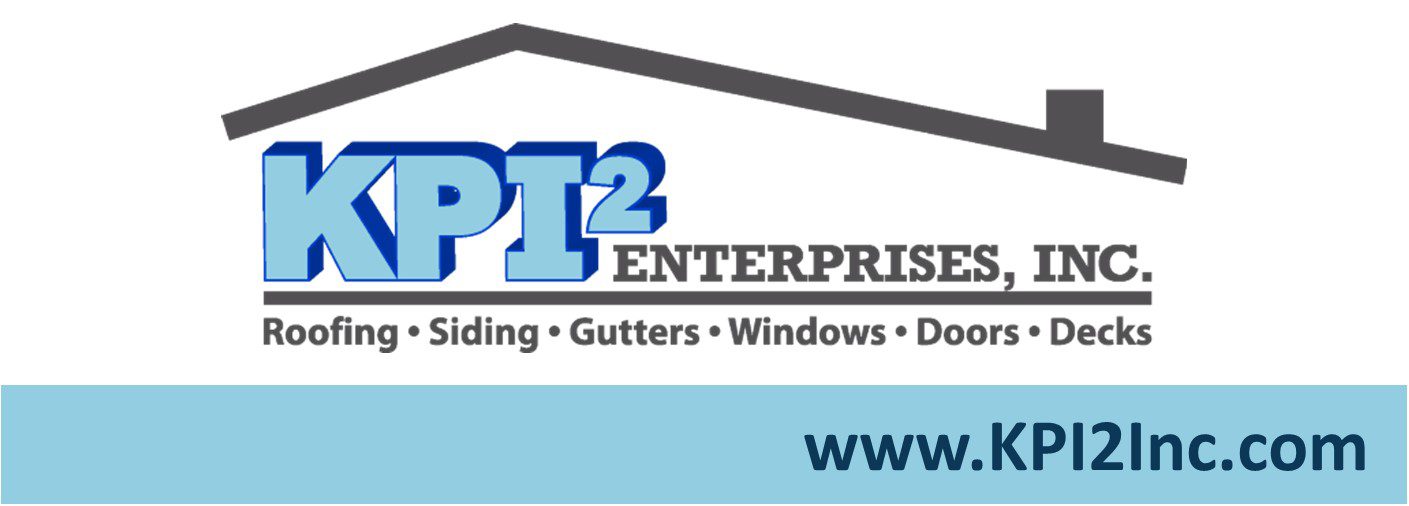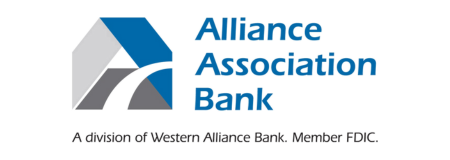EDITOR’S NOTE: This blog post originally appeared on the Association Bridge, LLC blog and is shared by permission of author Thomas L. Willis, PCAM. Learn more about Tom and Association Bridge, LLC at the end of this article.
What’s in a name?
The mouth, the mind and the figurative heart have a most curious relationship. The ancient psalmist observed that “out of the heart’s abundance, the mouth speaks.” And at the same time, the data indicates that what we talk about impacts our cognitive abilities and mood. The words we use are important. The information we allow into our minds impact us as well. Sooner or later much of the data, ideas and impressions we absorb impact the way we feel. In turn, the words that fall out of our mouths reflect those thoughts and feelings, occasionally revealing truths about ourselves that may surprise us for better or worse. And on the cycle goes… It pays to think about the words we use and be purposeful with them.
Here’s a word choice that’s still way too common in the community association management industry – “property manager.” It makes me cringe when I see and hear managers and management companies – even “leaders” in our industry – refer to what we do as “property management” performed by “property managers.” When I see that I can’t help but wonder if they fully appreciate…or maybe even respect…what we really do.
Don’t get me wrong – property management is an important PART of what we do. The term is derived from commercial and rental real estate management. In those niches, “property management” is very appropriate. Property is an asset financially and in “sticks and bricks.” Profitability must be the major focus of those disciplines to maintain viability. So, commercial and rental managers are, to a large extent, asset managers. It’s only fairly recently that on site apartment management positions began to use a “community manager” title in recognition that people actually live there.
However, as managers of homeowner associations, condominiums and cooperatives, we support and serve elected volunteer leaders and all the stakeholders in the community, some of whom are more than happy to remind us that they are our boss. It’s far more than asset management. The metrics are different. Community associations have 3 distinct characteristics; they are businesses, governments, and communities with stakeholders. Managers and volunteer leaders who fail to recognize the importance of all three elements do so at their own (and their community association’s) peril. I would also suggest that anytime human stakeholders are living in close quarters with one another there is an inevitable parallel with family, with all its risks, benefits, and emotional entanglements. This is a significantly human experience. Like families, community associations build successful legacies when they identify shared values, work towards common goals, and resolve the inevitable rough patches with compromise and reasonableness.
Therefore, we cannot be successful without managing community. Fortunately, awareness in this regard has been increasing steadily over the years. More in the industry are seeing the wisdom of a shift of focus from enforcement to the bigger context of building and promoting community. Back in the day, a heavy focus on covenants enforcement in the industry drove me nuts. It was as if people existed for the rules instead of the other way around. I believe that this lack of vision is at the core of negative impressions some have about community associations. The more community volunteers and managers act like leaders and less like bureaucrats and politicians, the better everything works. This is a major fundamental challenge facing all of us.
Of course, there’s a danger. Feel-good, fluffy, “We’re building great communities!” marketing messages without a dedication to excellence in taling care of the asset management part of our jobs doesn’t serve anybody in the long run. It saddens me when I find evidence of community managers who don’t see the importance of developing expertise in financials and property maintenance, either by lack of training or by choice. To be an effective community manager, you still have to be a property manager. So while I will always advocate for continuing to promote excellence in leadership and community-building, it is clear we must, as an industry, invest in educating managers and boards in the necessary work that goes on under the hood and out of sight. Only then can communities lay claim to being great.
So yes, community associations need managers solidly rooted in the fundamentals of property management. But they need more….they need broad perspective and leadership from truly professional Community Managers!
ABOUT THE AUTHOR
Thomas L. Willis, PCAM® formed Association Bridge, LLC in 2006 as a part-time venture. It was a platform to share lessons learned during a long and unconventional community association management career. He was a Vice President for a leading management company in the Washington, DC Metro area. He was responsible for on-boarding new clients, mentoring managers, providing board training, facilitating very successful developer transitions, complicated budget development, and other consulting services to benefit the company’s clients. He used Association Bridge as a vehicle to help clients outside the niche served by the management company. Tom realized that he had the unique benefit of learning from some of the finest mentors both inside and outside the community association field. He became determined to share the benefit of his experience with the next generation of community association managers, and as many communities as possible. On July 1, 2018, Tom relaunched Association Bridge as his full time vehicle to achieve his professional mission. Learn more at: www.associationbridge.com and contact Tom via email at: tom@associationbridge.com.

















